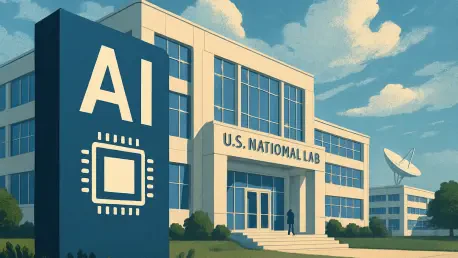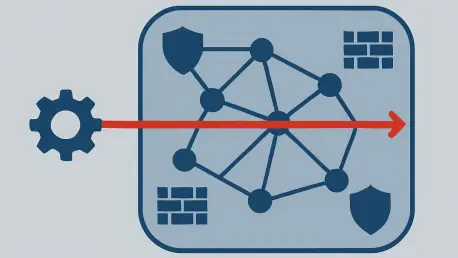
The long-predicted technological revolution is no longer a distant forecast but the present reality, compelling a fundamental restructuring of business strategy at a speed previously thought unimaginable. The era of treating artificial intelligence as an experimental or supplementary tool is

In a strategic move to address the escalating global race for technological supremacy, the United States is contemplating the creation of a powerful new federal institution dedicated entirely to artificial intelligence. This proposal outlines the establishment of a National AI Laboratory (NAIL),

The tremendous financial and strategic capital enterprises have poured into artificial intelligence is yielding a perplexing and frustratingly low return on investment. Despite massive investment and widespread adoption, many enterprise AI strategies are significantly underperforming, failing to

With the explosive, grassroots adoption of open-source AI agents, a new and largely invisible attack surface has emerged within organizations. We sit down with Laurent Giraid, a leading AI technologist, to explore the profound disconnect between the rapid innovation in agentic AI and the lagging

A recently proposed policy framework, born from a hypothetical yet highly plausible "December 2025 Executive Order on Artificial Intelligence," presents a monumental opportunity to construct a unified national health infrastructure. A seemingly minor provision within this conceptual order—one that

The proliferation of autonomous AI assistants promises a future of unparalleled convenience, where a simple command can manage your entire digital life, from sorting emails and scheduling meetings to booking dinner reservations. One of the most prominent examples of this new wave is Moltbot AI, an
1 2 3 4 5 6 7 8 9 10 11 12 13 14 15 16 17 18 19 20 21 22 23 24 25 26 27 28 29 30 31 32 33 34 35 36 37 38 39 40 41 42 43 44 45 46 47 48 49 50 51 52 53 54 55 56 57 58 59 60 61